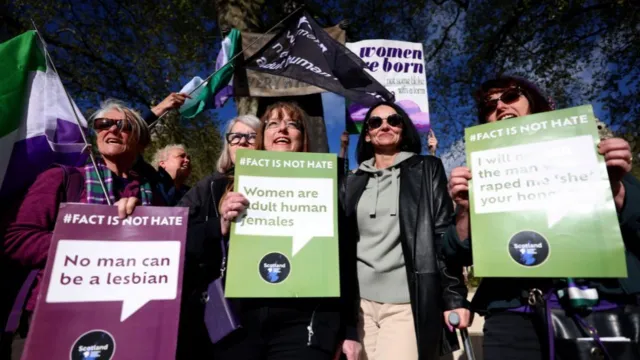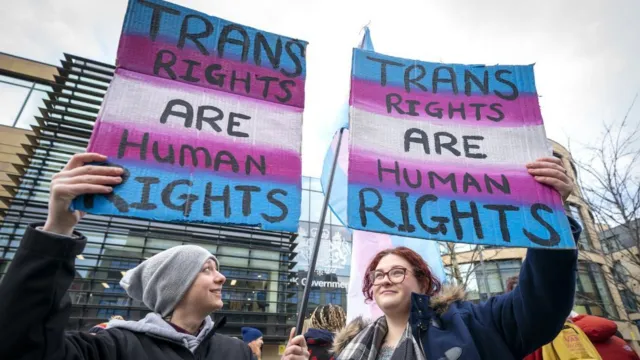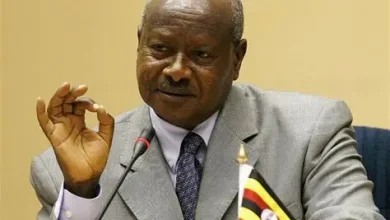Trans women are not legally women – UK Supreme Court rules
The United Kingdom’s Supreme Court has ruled that transgender women who possess a gender recognition certificate cannot legally be considered “women” under the country’s Equality Act 2010.
This landmark judgment follows a legal challenge brought by For Women Scotland, a campaign group that questioned the Scottish government’s decision to allow transgender women to be included in a law aimed at improving female representation on public boards.

The group argued that expanding the legal definition of “women” to include transgender individuals could undermine efforts to protect women’s rights, especially in areas like public leadership, gender-based policies, and single-sex spaces such as women’s shelters and bathrooms.
In delivering the ruling, Lord Hodge — the Deputy President of the UK Supreme Court — stated that under the law, the term “woman” refers specifically to biological women, and that redefining it would cause confusion in the legal system and affect the clarity of protections based on sex.
“We are well aware of the strength of feeling on all sides,” Lord Hodge said, noting the delicate balance between advancing women’s rights and protecting transgender individuals from discrimination.
However, he clarified that while transgender individuals may not fall under the legal category of “women” in this specific context, their rights remain protected under other provisions of the law, particularly those covering gender reassignment and protection from discrimination.
The court’s decision is seen by many women’s rights advocates as a victory in the ongoing debate over how sex and gender should be recognised in law and policy. However, it has also sparked concern among LGBTQ+ advocacy groups, who fear it could lead to further marginalisation of the transgender community.

In Ghana, where discussions around gender identity are still evolving and often controversial, this ruling adds to the ongoing global debate about how societies and legal systems should navigate the complex intersection of gender, biology, and human rights.
Ghanaian fashion
As issues of gender equity and identity increasingly make their way into national discourse, such international rulings may influence how local laws and policies are shaped in the future.




